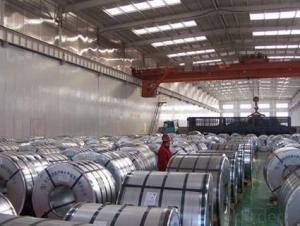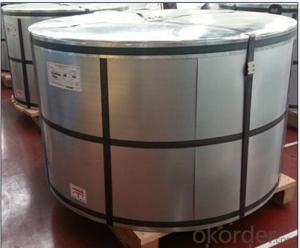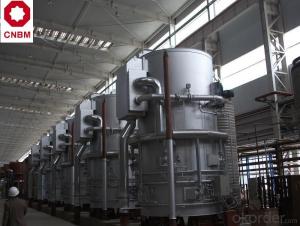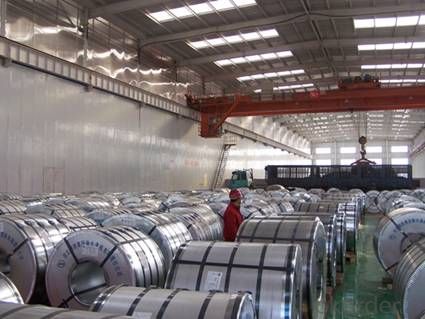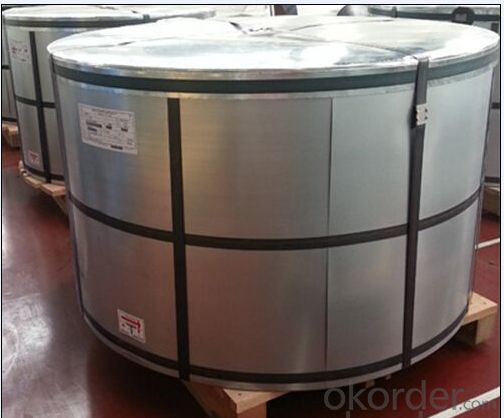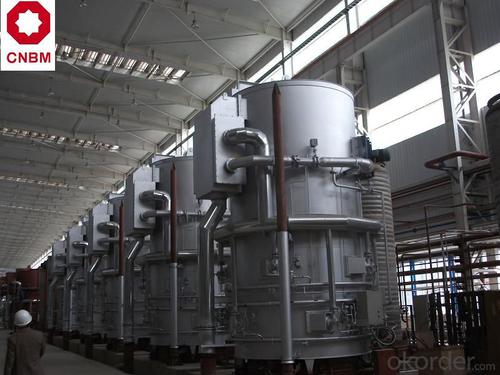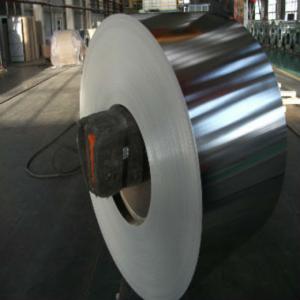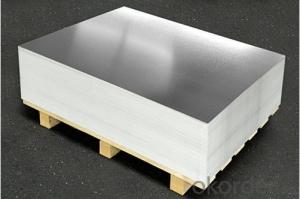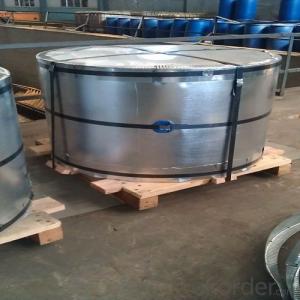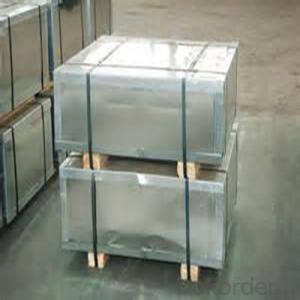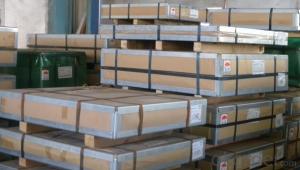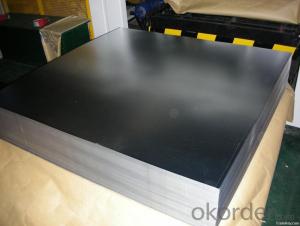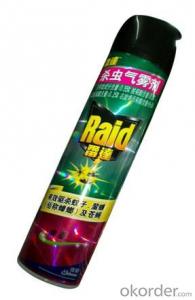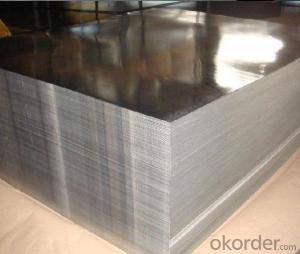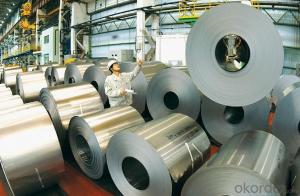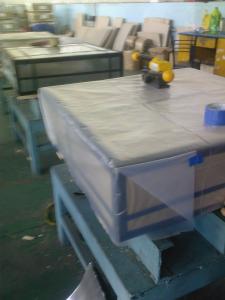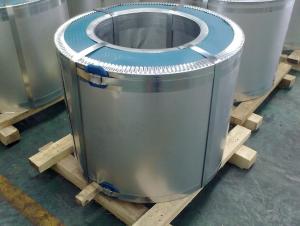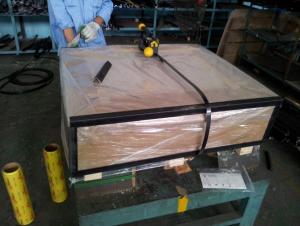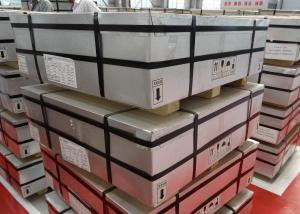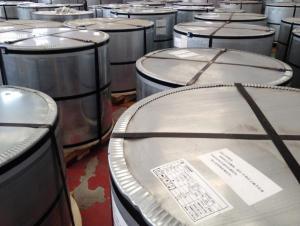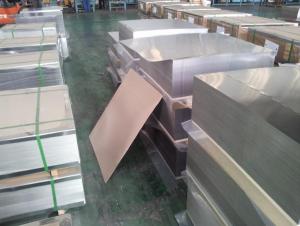Tinplate Coil For Dry Food Cans, BA/CA, T57 Temper
- Loading Port:
- Tianjin
- Payment Terms:
- TT OR LC
- Min Order Qty:
- 50 m.t.
- Supply Capability:
- 40000 m.t./month
OKorder Service Pledge
OKorder Financial Service
You Might Also Like
1.Brief Introduction
Tinplate is widely used for making all types of containers, containing industrial usage such as paint can, oil can, aerosol cans etc., and food cans like milk powder cans, tomato paste can, dry food cans etc.
2. Quality
As a state owned company and a large tinplate supplier in China, our tinplate quality ranks 1st level in China, similar to Bao Steel, Posco etc.
3. Specification
standard: GB/T2520, JIS G3303, DIN EN10202
Material: MR /SPCC
Thickness available: 0.16-0.50MM
Width available: 600~1050MM
Temper grade: T1 – DR8
Tin coating: ordinary 2.8g/2.8g, 5.6g/5.6g and others
Package: sea worthy export package.
Applications: Tin can for chemicals & paint cans, industrial cans, food cans
4. Our production steps
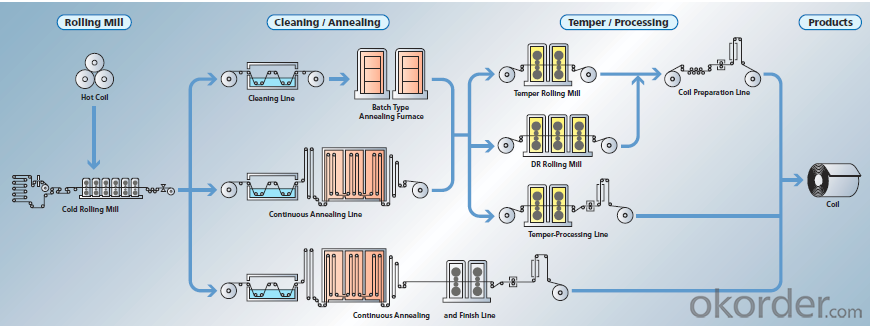
5. Usage Scope
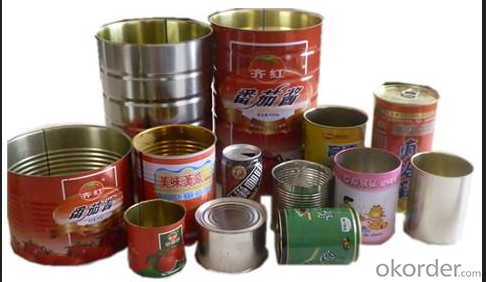
6. Our euxport market
our tinplate has been popularly exported to more than 30 countries, including Asia, Europe countries, Gulf area, Sounth America, Northe & South Afric etc.
7. FAQ
a. what's the annual output?
about 500,000 tons per year.
b. where's the raw matrial from?
our hot rolled coil is purchased from Capital Steel and other state owned mill, with quite good quality.
c. how long is the delivery time?
normally for SPCC about 45~55 days, while 65~75 days for MR material
d. how to control the quality during production process?
inside our workshop, we have MES syestem. It realizes the optimization of the production procedure in the workshop. It could record each step of the whole production procedures, and if some problem appears, factory could easily found and take action, it’s quite helpful to monitor and control the quality.
- Q: What are the main factors influencing the price of tinplate?
- The main factors influencing the price of tinplate include the cost of raw materials, particularly tin and steel, as well as supply and demand dynamics in the market. Other factors such as production and manufacturing costs, fluctuations in currency exchange rates, and global economic conditions can also impact tinplate prices. Additionally, government policies and regulations related to trade, tariffs, and environmental standards can influence the price of tinplate.
- Q: What are the main growth opportunities for the tinplate industry?
- The main growth opportunities for the tinplate industry include the increasing demand for sustainable and eco-friendly packaging solutions, the rapid growth of the food and beverage industry, and the rising popularity of canned products in emerging markets. Additionally, technological advancements in tinplate production and the development of innovative coatings and printing techniques offer opportunities for differentiation and market expansion.
- Q: How does tinplate contribute to the durability of gardening tools?
- Tinplate contributes to the durability of gardening tools by providing a protective coating that prevents rust and corrosion, extending the lifespan of the tools.
- Q: How does tinplate perform in terms of puncture resistance?
- Tinplate performs exceptionally well in terms of puncture resistance. Its inherent strength and durability make it highly resistant to punctures, ensuring the protection and integrity of the contents it holds.
- Q: What are the different types of tinplate surface treatments?
- There are several types of tinplate surface treatments, including electrolytic tinplate (ETP), tin-free steel (TFS), blackplate, and lacquered tinplate.
- Q: What are the main export markets for tinplate?
- The main export markets for tinplate include countries such as China, Japan, the United States, Germany, and South Korea.
- Q: How is tinplate coated for gift packaging?
- Tinplate is typically coated for gift packaging using a process called electrolytic tin coating. This involves immersing the tinplate into an electrolyte solution and passing an electric current through it, causing a thin layer of tin to be deposited onto the surface of the tinplate. This coating provides a protective barrier and enhances the appearance of the packaging, making it suitable for gift purposes.
- Q: What is the elongation of tinplate?
- The elongation of tinplate refers to its ability to stretch or deform without breaking or cracking under applied stress. It is a measure of the material's ductility and is typically expressed as a percentage increase in length compared to its original length before deformation.
- Q: How is tinplate used in the pet food industry?
- Tinplate is commonly used in the pet food industry for packaging purposes. It is an ideal material for manufacturing cans and containers that store pet food due to its durability, resistance to corrosion, and ability to maintain food freshness and quality. Tinplate cans are also easily stackable, making them convenient for storage and transportation.
- Q: What are the common industry standards for tinplate?
- The common industry standards for tinplate include specifications for the thickness, temper, coating weight, and surface finish. Additionally, the standards outline requirements for the mechanical properties, such as elongation and hardness, as well as the chemical composition of the tin coating. These standards ensure consistent quality and compatibility across different manufacturers and applications in the tinplate industry.
Send your message to us
Tinplate Coil For Dry Food Cans, BA/CA, T57 Temper
- Loading Port:
- Tianjin
- Payment Terms:
- TT OR LC
- Min Order Qty:
- 50 m.t.
- Supply Capability:
- 40000 m.t./month
OKorder Service Pledge
OKorder Financial Service
Similar products
Hot products
Hot Searches
Related keywords
